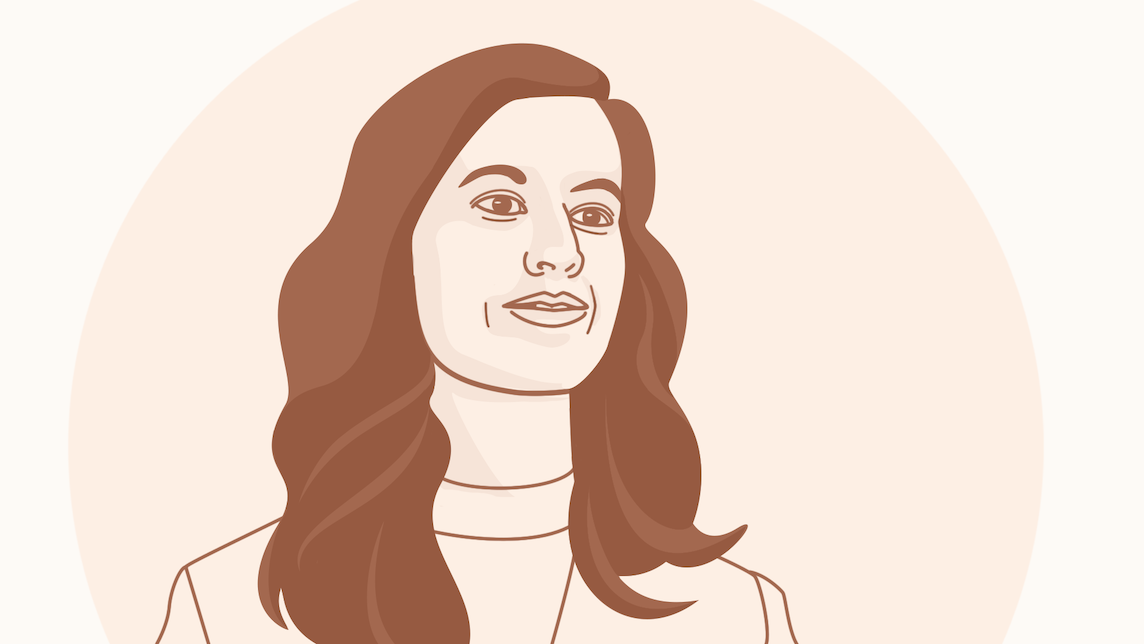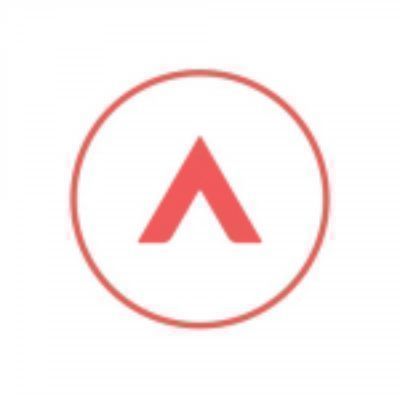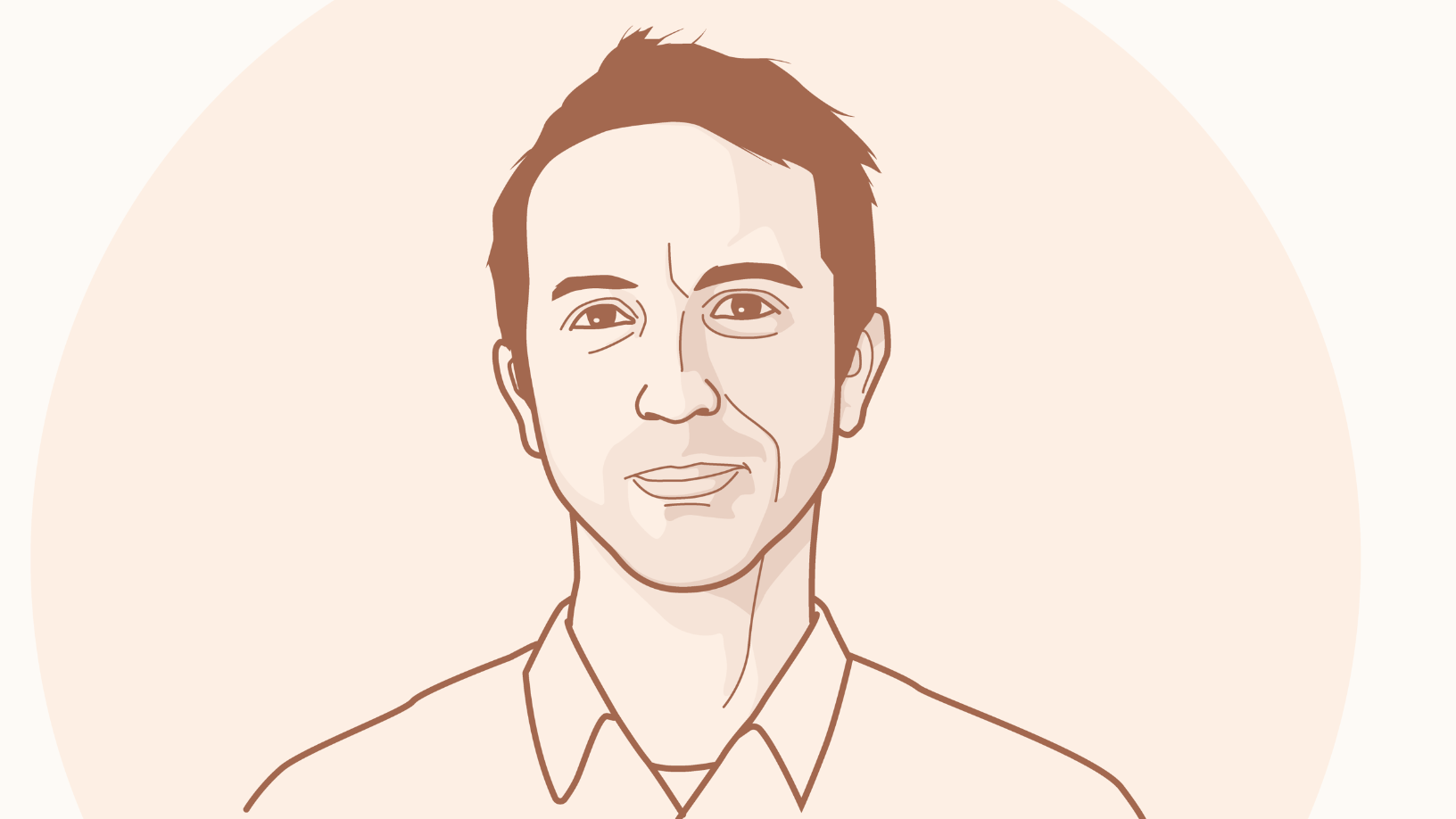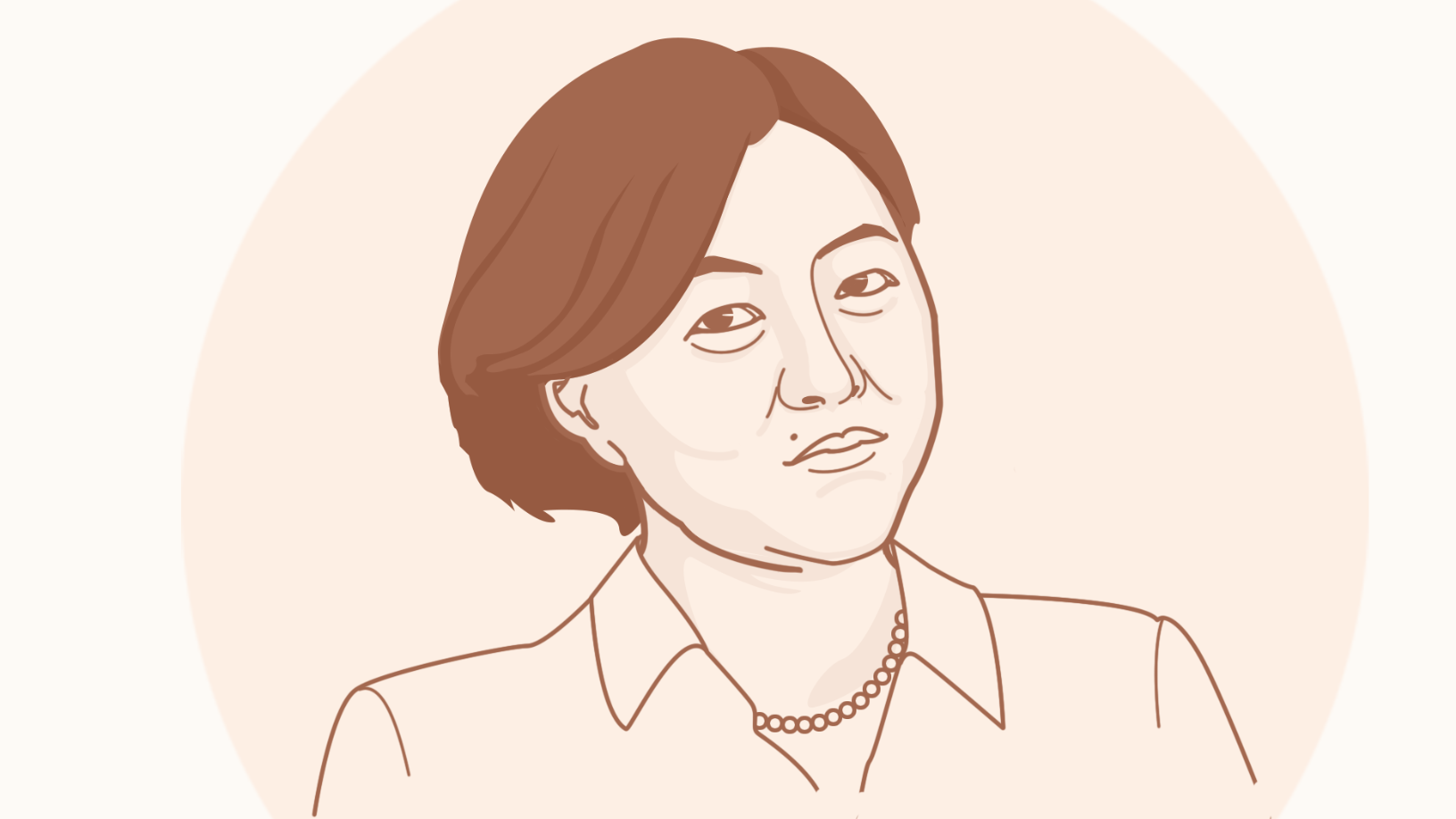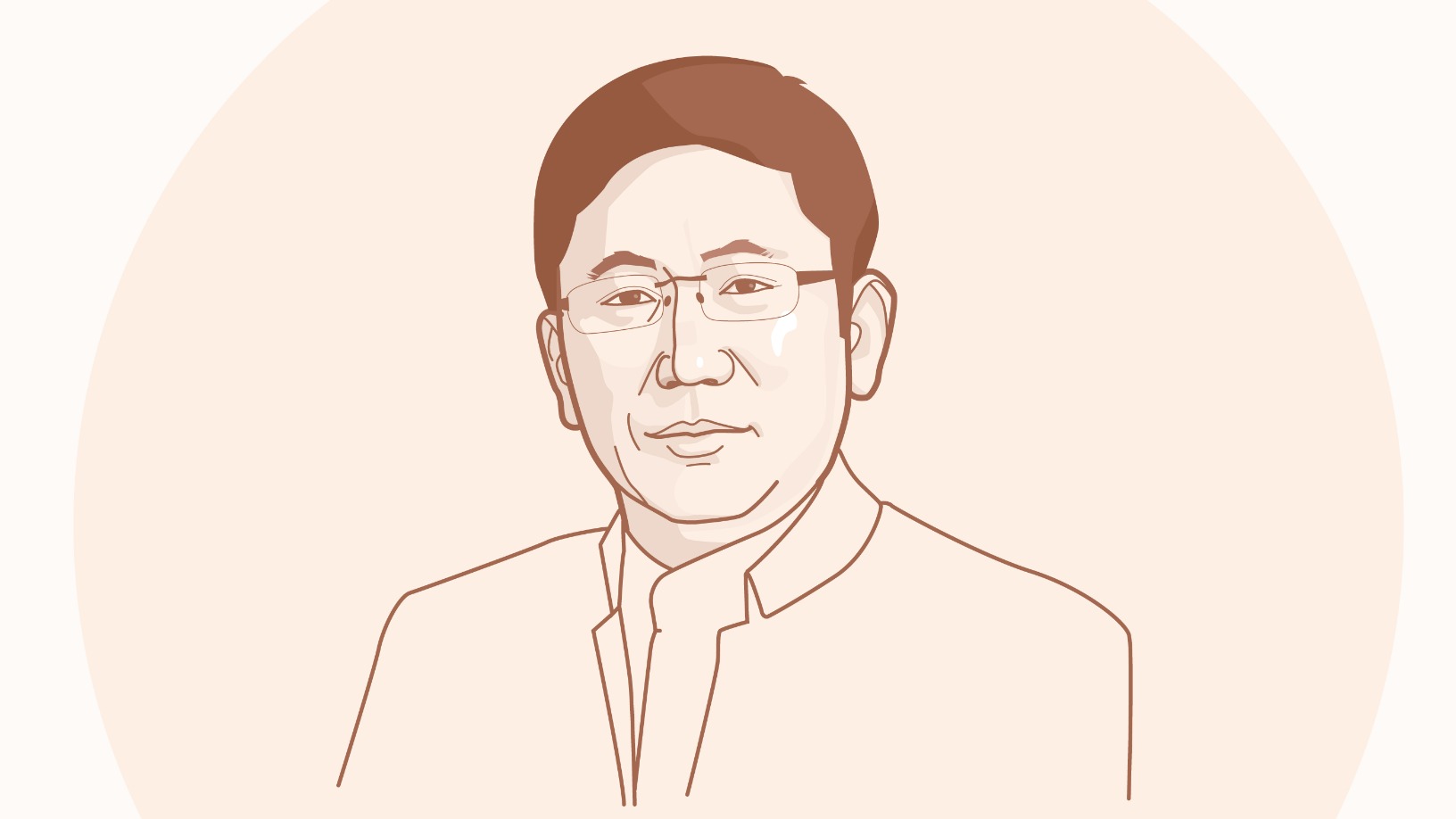At the age of 31, Cristina Fonseca is already one of Portugal's most successful and youngest female entrepreneurs. Unlike so many others, however, she has not been driven by a solid business plan or even a clearcut product from day one. Rather, a heady mix of talent, hard work and determination has ensured that Fonseca has become one of Portugal's biggest entrepreneurial stories of recent years.
She has already appeared on Forbes 30 Under 30: Enterprise Tech list. After co-founding and scaling Talkdesk, Portugal's third unicorn to date, Fonseca is now Venture Partner at Portugal's largest independent private VC fund, the recently-opened Indico Capital Partners. Three years after stating, “I have a personal mission to make the Portuguese ecosystem more innovative,” she is already helping to achieve her goal.
Fonseca co-founded the cloud-based, AI-powered customer service provider Talkdesk in 2011 with her university friend Tiago Paiva, who remains as CEO. The pair were both essential to the creation, development and later success of the startup that was valued at over US$1bn in its latest US$100m funding round (October 2018) from US hedge fund Viking Global Investors and existing investor DFJ.
However, in 2016, when the now San Francisco-based company had over 200 employees spread over six offices on two continents, Fonseca walked away, taking a year's sabbatical to travel throughout Asia.
“What I most like to do is learn new things,” she told media. “I love to work and am a workaholic... [but] I was working so much it was unhealthy... You think it is only a stage, but five years passed and nothing changed. In the end, things can only change if you change.”
Innovative beginnings
From an early age, it was clear that Fonseca was never going to allow traditional roles or standard thinking to define her future. When asked what she wanted to be when she grew up, she said a pilot or an astronaut. She was a hardworking student, but she also liked to show she was rebellious. Her parents helped to mold her vital independence and inquisitiveness.
Fonseca recalled once, when her mother called her to help fix the washing machine instead of calling her husband, leading the young Fonseca to “never distinguish between "men's'" work and "women's' work." That early revelation helped Fonseca to shrug off later instances of sexism and inequality in tech. Her father encouraged her innate curiosity and spurred her interest in engineering with his love of DIY and restoration.
When it came to choosing studies in 2005, Lisbon's Superior (Higher) Technical Institute was for Fonseca not only the best but also the only university she would consider. She rejected medicine, the career her peers expected. She also rejected various engineering fields before selecting a new course in IT. There, she became soulmates with Paiva and the pair began working on business ideas from their laptops.
Following her studies, Fonseca rejected a career in consulting with the likes of McKinsey. Rather, she was inspired by the Mark Zuckerberg story made famous in the movie, The Social Network. “I thought that we, too, could just sit down with a computer and make the next Facebook,” she later said.
She went on to complete a master's at the same university in the same subject, submitting her thesis on "Multipath Routing for Wireless Mesh Networks," including work on algorithms, that would greatly aid her simultaneous business creation with Paiva.
Try and try again
Paiva and Fonseca created three companies that ultimately failed – experiences that Fonseca knew offered no security in life but which increased her resilience and provided a vital learning curve, especially when faced with the disapproval of friends and family. Her determination during this period was only strengthened by five days in hospital with pneumonia and connected to a ventilator. It was an experience that Fonseca said gave her a new perspective on life: wanting to do something impactful with her time.
With Portugal mired in recession at the time, the pair had to explain to their university coaches and loved ones that they were choosing not to work in a company. “No-one spoke about startups or entrepreneurship then. It wasn't socially acceptable. They asked us when we were going to get a proper job,” Fonseca said. She replied that she “already had work but just wasn't employed,” a strategy Fonseca realizes was risky, but which she stuck with, despite business failures.
The first company, Veep, was launched while Fonseca was still doing her master's. It was a platform to help students prepare for their exams and was in business for two and half years buoyed by initial sales. Fonseca was responsible for the full-stack development, content and operations. She said she thought they were going to get a 10% market share right away but that trying to sell something to “students who had no money and who didn't want to study” in a small market like Portugal was the "worst idea ever.”
The second business, Bouncely, was born of a realization that the pair had to work in an area they knew about. However, the complementary tech that they developed for Amazon to offer bounce tracking and real-time parsing lasted less than a year because Amazon developed its own solution.
Another potential business was never launched because the co-founders discovered just months into development that it faced 31 competitors. Such setbacks gave the pair “a spectacular learning experience," compelling them to study business non-stop. They learned that there existed “a series of characteristics that are essential to make a product scalable” and that it was essential “to get to the international market.”
Fonseca credits this time as valuable following the launch of Talkdesk. It showed investors that the pair were already “capable of transforming an idea into a product” and of seriously prepping on business creation. Unlike in Europe, where their early track record looked like dead ends, the pair found that the Americans in Silicon Valley saw their failures as valuable experience.
The next business, Talkdesk, wasn't even intended to be a company but a means to win a computer in a competition for US company Twilio. The brief was to design a prototype in 10 days for an app to complement its browser-embedded communications API. Fonseca and Paiva's decided to produce an automized solution providing information about contactees that would be compatible with telephone calls.
The pair won the competition, alongside an invitation to present to two incubators in San Francisco, including 500 Startups. Their first sign of success was an email from a Google employee recommending that Salesforce should acquire their company immediately.
The Talkdesk lessons
Fonseca's US acceleration experience made her realize that Europeans take fewer risks in business than Americans. “In the US, it's easy to find someone who wants to create the next big consumer product. As Europeans, we are more conservative and look for a real business with real revenue,” she said. This made her focus more on enterprise products and a really strong business model. “We wanted to create a product that companies would buy and that people would give us money for. Period.”
Aided by 500 Startups, the pair launched their first investment round shortly after beginning its five-month acceleration program, raising US$450,000. Fonseca returned to Lisbon, where operations and product development would continue to be based. There, she would use her front- and back-end development, coding and graphic design experience. Testing and re-testing was a constant obligation. Fonseca noted that Americans invested in “teams not products” and so building a valuable team was of the utmost importance.
After two years, Talkdesk had seven staff and clients like Dropbox, but it was still difficult, she recalled, to gain customers' trust, especially in a tiny team. One way was to develop the product in tandem with customer needs, getting their feedback at all stages.
Fonseca stated that, especially in the early days, she believes that she always worked harder to prove herself in the Silicon Valley environment due to an inferiority complex. She continued building Talkdesk in Portugal until early 2016, including making it multichannel compatible, multi-sector specific and deployable in only five minutes, as well as opening new offices in Porto and Coimbra. Confident in Paiva and 200-strong Talkdesk team, Fonseca no longer saw herself as invaluable and, with her need to continually learn and look for constant development, began seeking new challenges.
Focus on Portugal
Portugal was still emerging from years of recession and austerity, with many educated young people going abroad. Fonseca thought Portugal had been selling its talents short for too long as an educated and historically pioneering nation. She said she wanted to help it develop economically along the lines of Israel. Still, she noted that people's mindset needed changing, a factor “directly related to education.”
It shocked Fonseca that the country was seen overseas as “a source of cheap labor.” With her US experience and its mentorship possibilities in mind, she sought to redress this with her youth work at Global Shapers and two years spent at the Global Future Council, a World Economic Forum initiative, engaging leaders in how to best achieve and integrate Industry 4.0 principles.
Fonseca credits these experiences with building bridges to other startups to jointly develop Portugal's economy. Her decision to help establish Indico Capital Partners in 2017 was influenced by her opinion that, in order for Portugal's tech sector to really become an international player like Israel, investment had to become more accessible within the country.
Working as Venture Partner at Indico, Fonseca has been engaged in choosing candidates for the new investors' €46m in pledged commitments. The potential impact of the new VC on the local startup ecosystem could be massive, with its accent on Iberian and especially Portuguese early-stage startups.
“I have been backing many companies over the past few years as an angel investor and mentor so it was an obvious decision to join the best investment team in the market with a solid track record,” she said. “Early-stage tech is where my heart is and this is a local nurturing activity before it becomes globally investable and scalable.
The VC has just closed its first €41m. One of the investors is Portugal's energy company Galp Energy, where Fonseca became the first female non-executive board administrator in the company's history.
Building and sharing expertise
Using her experience to aid a new generation of business people, Fonseca has mentored for the World Economic Forum's youth community engagement initiative Global Shapers in Lisbon and participated in its Global Future Council on Europe. She has also judged up-and-coming startups at competitions such as TechCrunch Disrupt London.
In 2016, Fonseca participated in SingularityU Portugal's 10-week Global Solutions Program on Exponential Technologies for science and tech experts' work on global challenges. The next year, she completed an eight-month Nanodegree in Artificial Intelligence at online tech educational center Udacity's competitive course, developed by entities such as IBM Watson and Amazon Alexa.
Following the course, Fonseca has become a local authority on AI technology and its practical application to business. She argues for highly-defined "vertical" AI application, applicable to one industry with frequent iteration cycles and collaboration with IT engineers early on. This is preferable to trying to come up with AI applications via traditional product development roadmaps with late customer and technical validation.
Now, Fonseca is a board member of the AI-reliant Attentive.us, which received a US$1.2m seed investment co-led by Indico. She is embarking on the launch of a new Portugal-based AI startup with details to be made public in the coming months, no doubt raising her reputation and importance in Portugal's startup ecosystem higher still.
